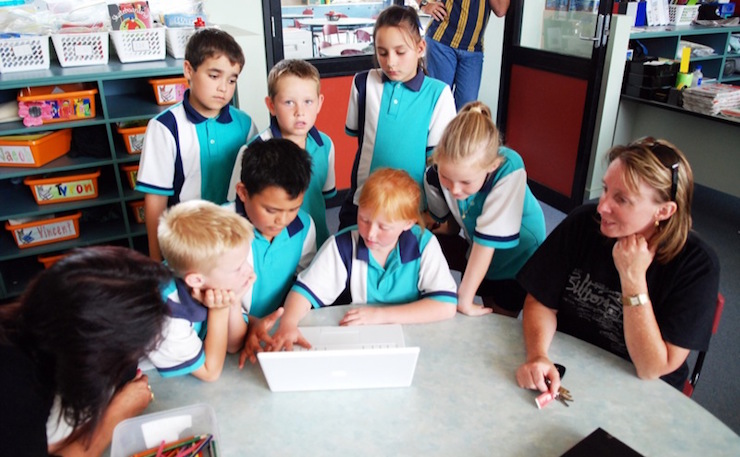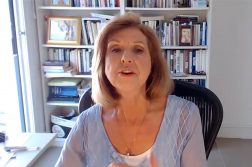Aboriginal students, boys, students with a disability, and students from low SES backgrounds are being disproportionately excluded from schools, according to a new study released this week by researchers at the University of South Australia.
The study shows that exclusionary practices such as suspensions not only fail to identify the deep-rooted causes of challenging student behaviours, but exacerbate negative issues rather than resolve them.
The research paper – What is missing in policy discourses about school exclusions? – analysed the recently reviewed NSW Student Behaviour Strategy, the NSW Education Department’s official policy, which was implemented in 2006 and updated at the start of 2024.
“The management of problematic student behaviour is one of the intractable problems facing education systems today,” the paper says. “Despite being ineffective, school suspensions and exclusions are commonly used in many countries as a discipline strategy to manage student behaviour.”
Lead researcher, UniSA’s Professor Anna Sullivan, says schools face difficult decisions around suspensions and expulsions.
“Suspensions and expulsions have been the mainstay of schools’ behaviour management practices for decades, regardless of research finding that they are ineffective for disciplining bad behaviours,” Prof Sullivan says.
“In fact, there is a clear relationship between school suspensions and a range of detrimental health outcomes, including alienation from school, involvement with antisocial peers, use of alcohol and smoking, and a lower quality of school life – and this contributes to a higher risk of dropping out of school and possible illegal behaviour.
“What makes things worse is that vulnerable students have a higher risk of being suspended or expelled, which in many cases exacerbates their circumstances and life chances.
“Boys, Aboriginal students, students from low SES backgrounds, and students with a disability are disproportionately excluded from schools.
“There is a distinct blind spot about how school suspensions and expulsions perpetuate wider social inequalities.
“Schools and policy makers must look beyond challenging behaviours to understand what is contributing to the cause – rather than treating the effect – and it’s this missing information that’s needed to develop new school policies.”
Researchers found that while there was more behaviour support and management, the new iterations still included punitive practices.
“When a student is suspended or expelled from school, we’re ultimately removing them from their education and limiting their life outcomes. And knowing that vulnerable groups are more at risk, these exclusion policies are ultimately discriminatory,” Prof Sullivan says.
“We also see situations where children with disabilities – some on prescribed medications – are being excluded from school on the basis that ‘they have problems already’. As a consequence, exclusion appears to be a reasonable solution given schools do not have the time, expertise or resources to manage complex and challenging behavioural needs.
“Adding to such deficit thinking is removing a ‘problem child’ from the learning environment of others. Instead of helping these students, the policies are exacerbating their struggles.
“What we need is more listening, more empathy to students at risk, and a willingness to challenge the impact of wider social inequalities including poverty, race, housing, and unemployment on the most vulnerable people in society. These things do not operate in isolation; they affect families and children and cannot simply be left at the school gate.
“It’s time to look afresh at the complex and challenging circumstances in which many young people find themselves. Only then can we hope to create a more inclusive and fair education system.”
• You can access the original paper here: What is missing in policy discourses about school exclusions?
Donate To New Matilda
New Matilda is a small, independent media outlet. We survive through reader contributions, and never losing a lawsuit. If you got something from this article, giving something back helps us to continue speaking truth to power. Every little bit counts.




